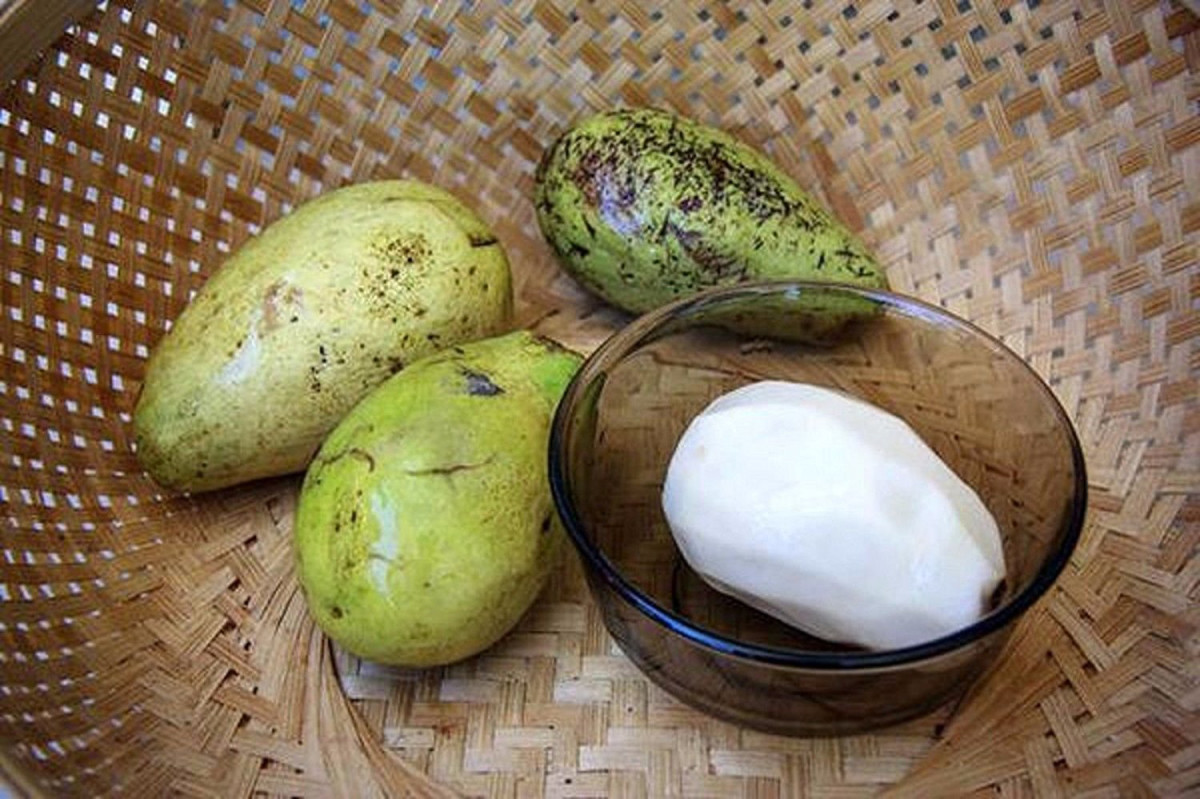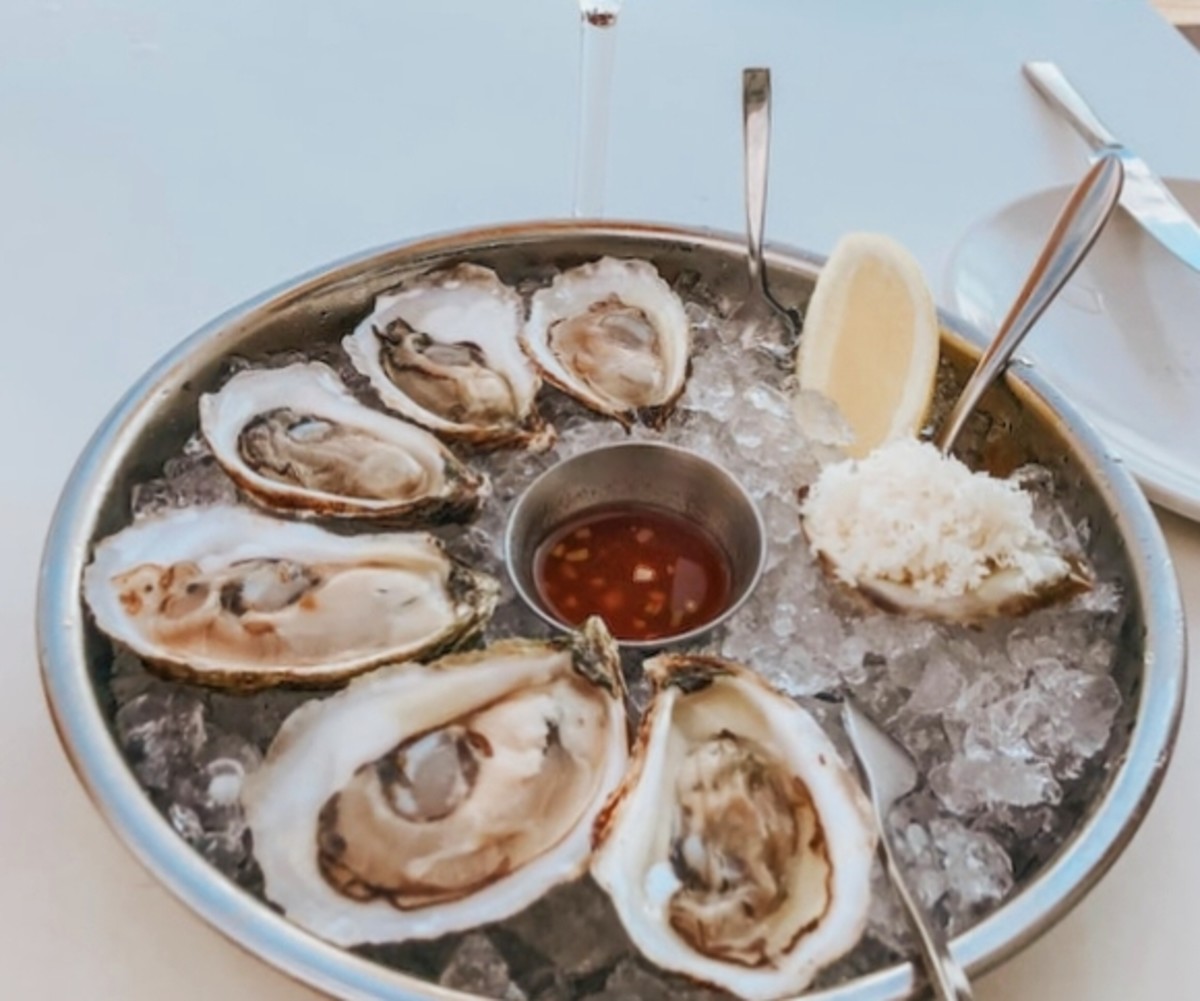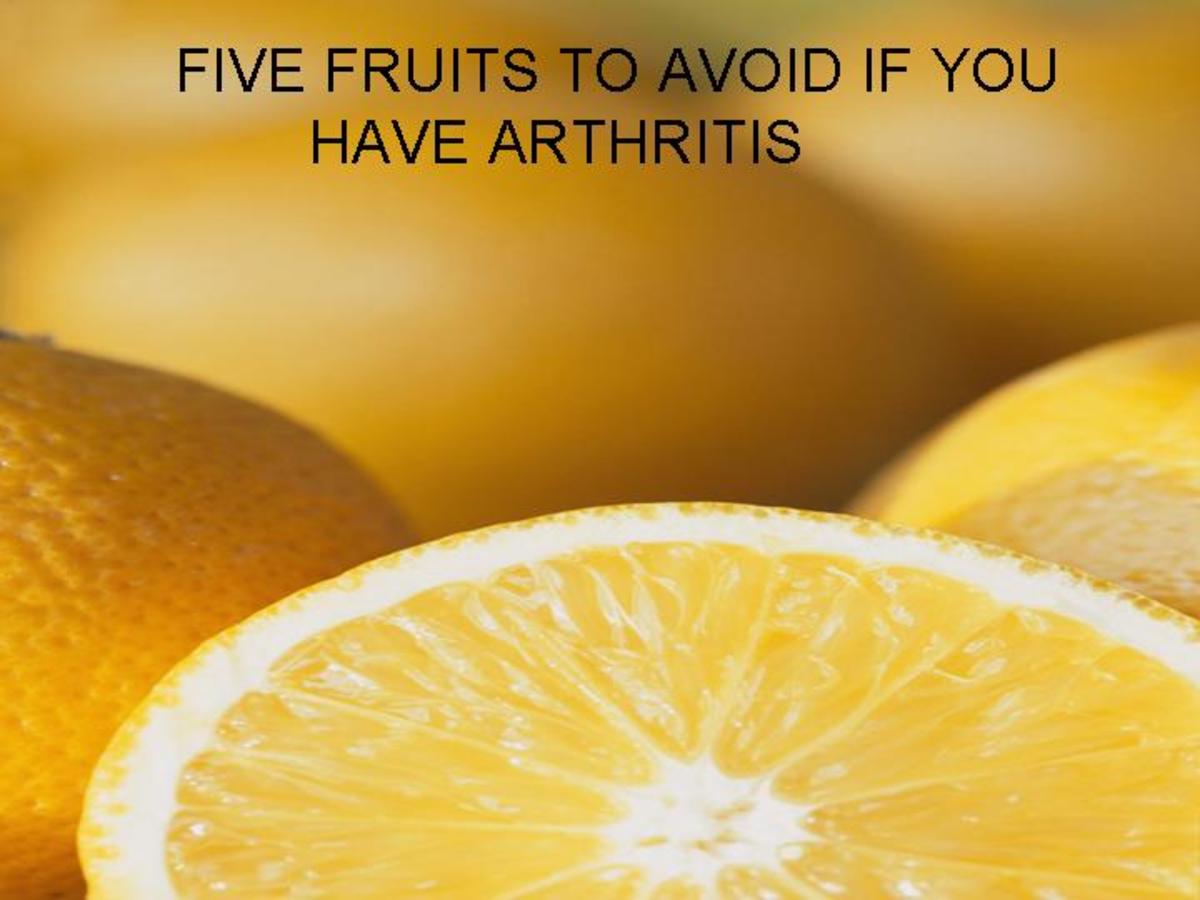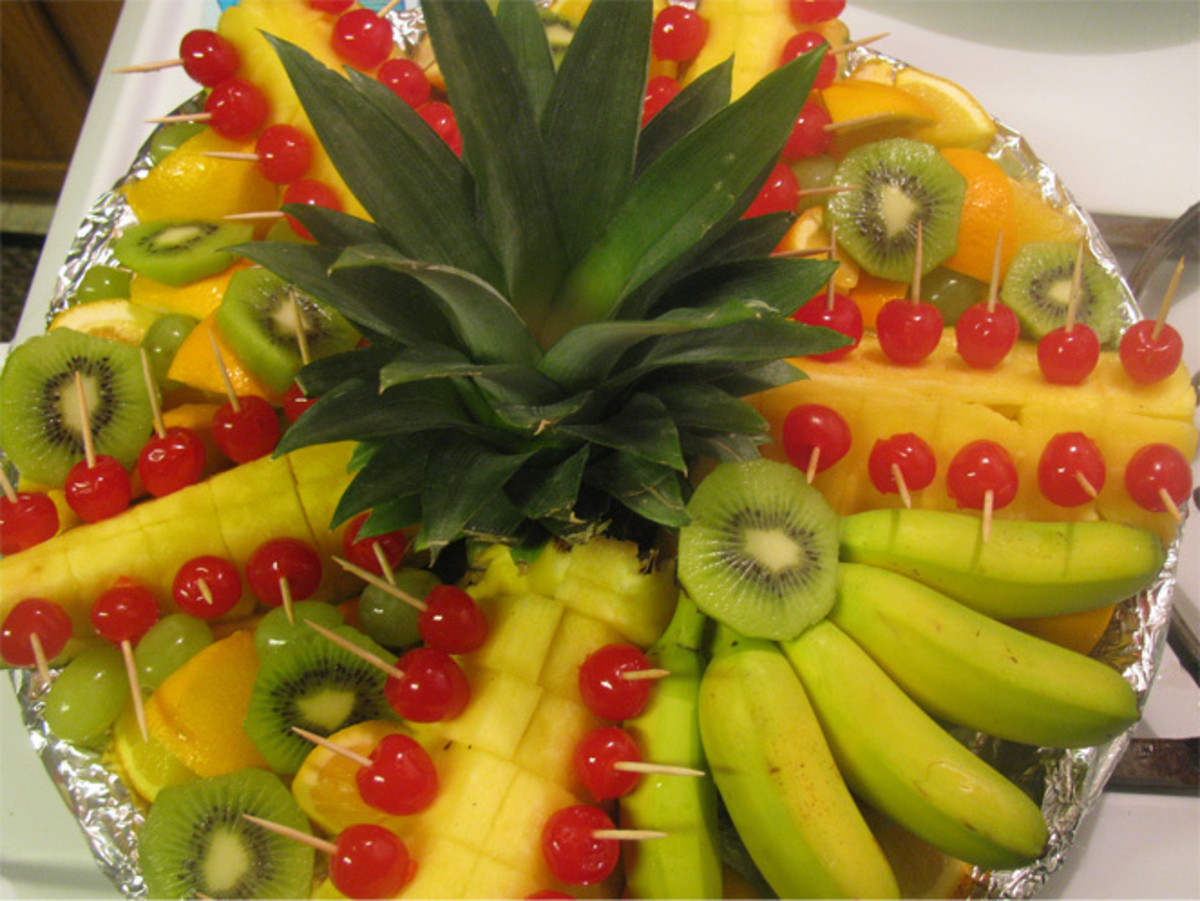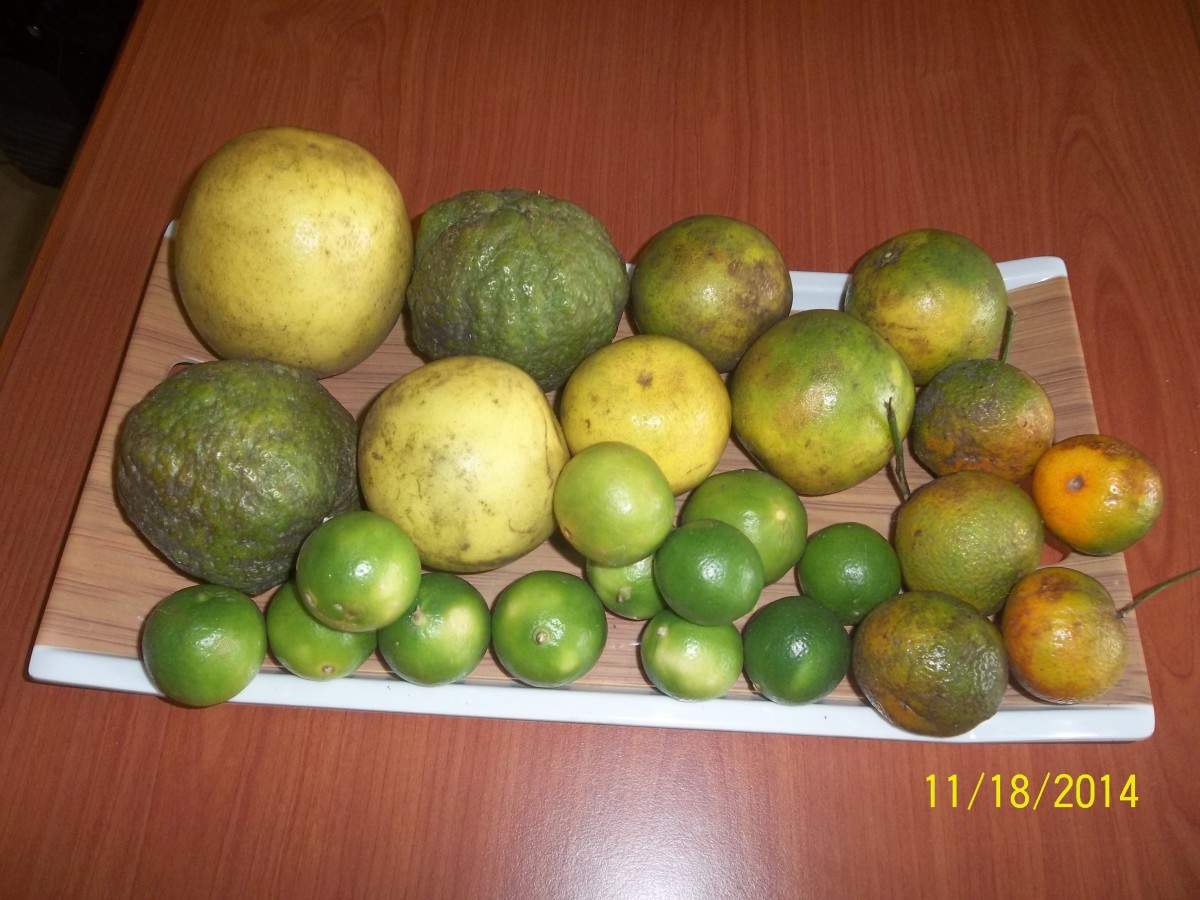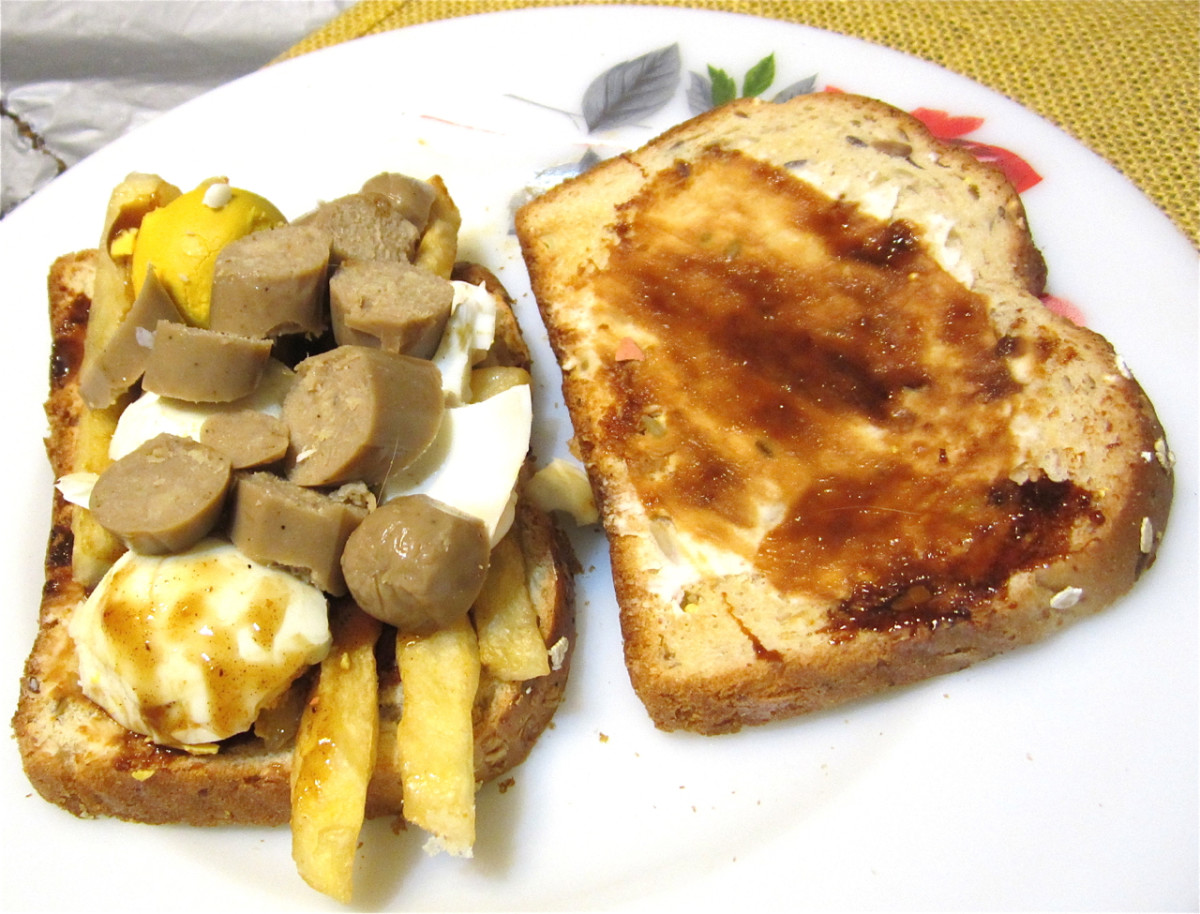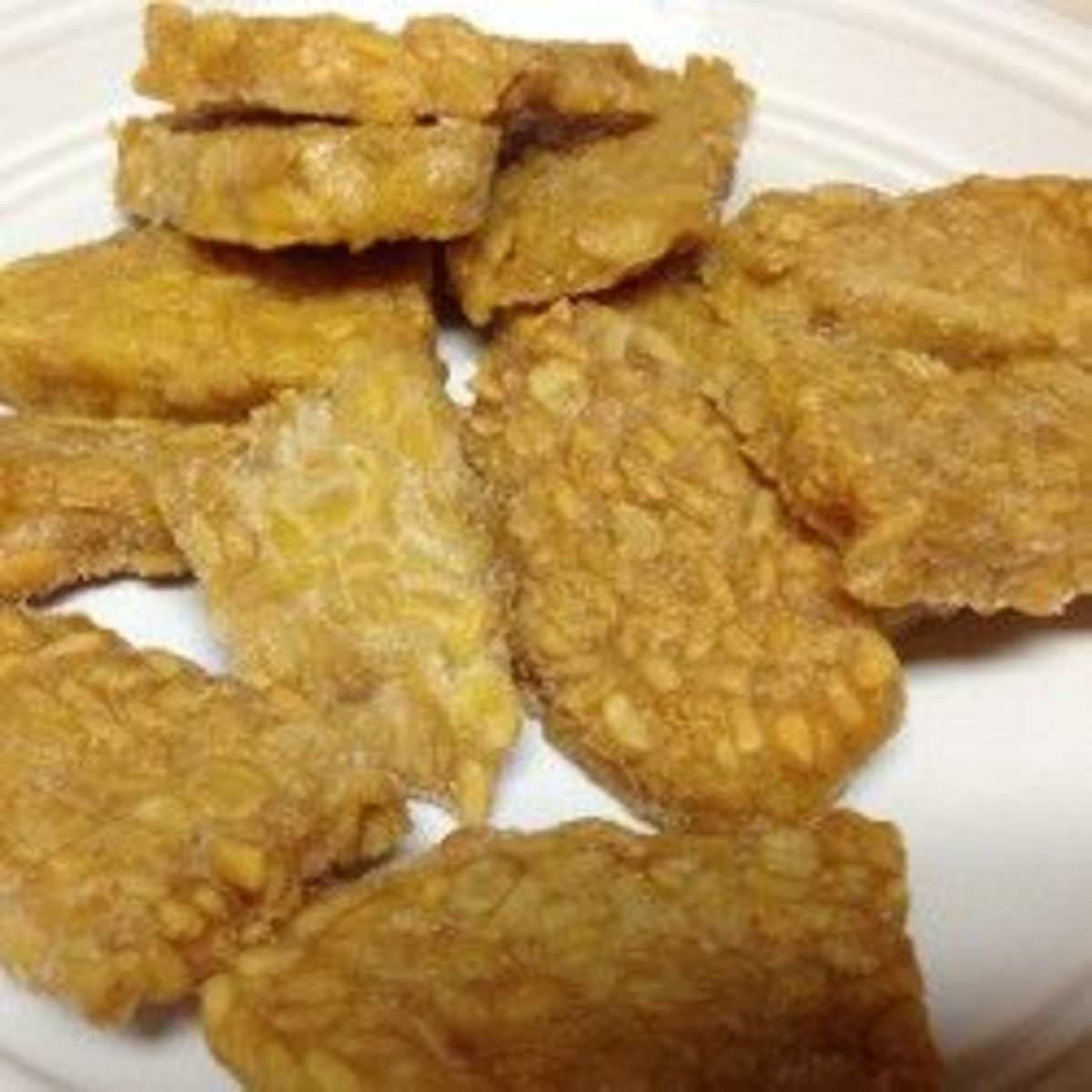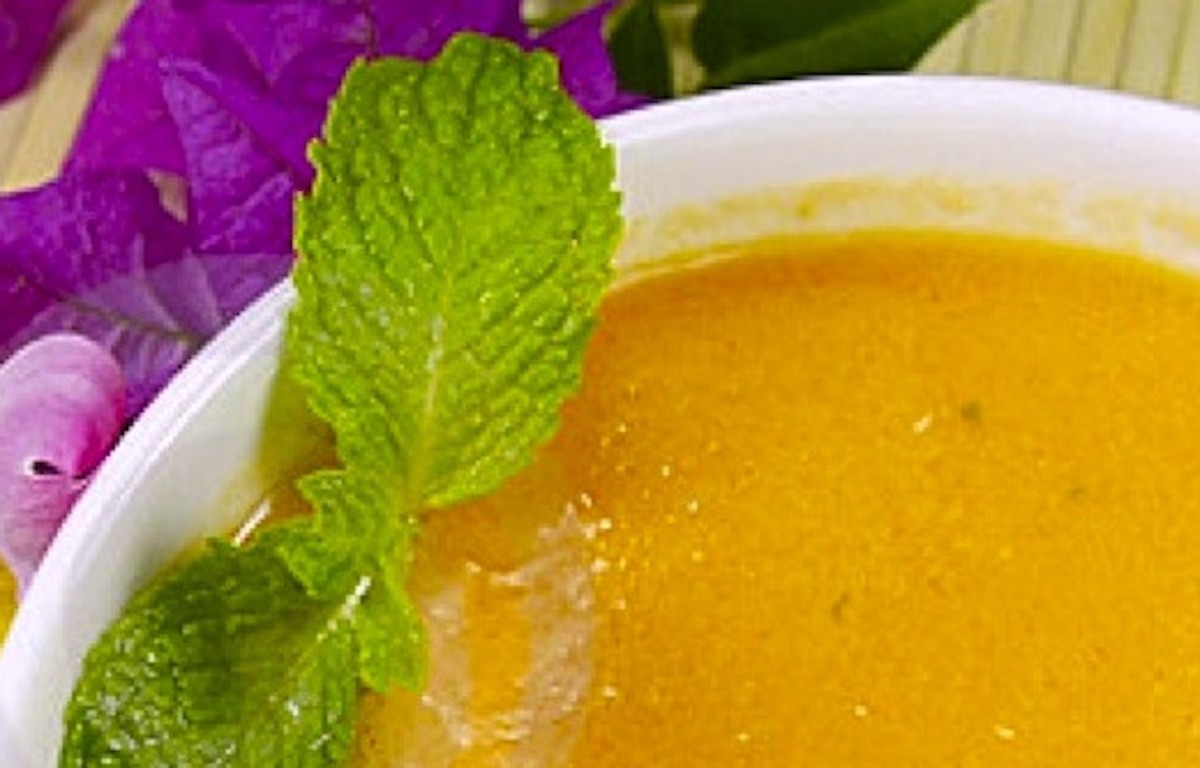Wonderful benefits of eating fruits. Tasty way to good health!
Fruits provide essential vitamins, minerals and natural phyto-chemicals and all those people who live longer and suffer less from strokes, high blood pressure, heart disease and cancers have enjoyed a high consumption of fruit all their lives.
Fruits offer a kaleidoscope of colours and nutrients, each fruit having its own particular value and qualities.
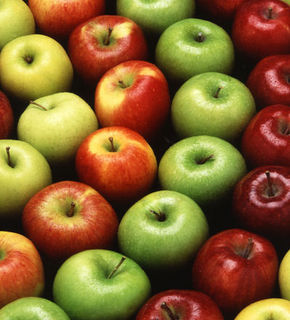
Apples
Apples are a good source of vitamin C and the soluble fibre pectin, which helps lower cholesterol. They contain malic and tartaric acids, which are good for digestion. Even the smell of a ripe apple is soothing and cholesterol-lowering.
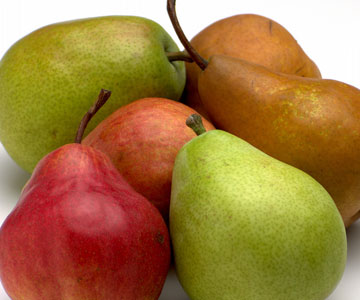
Pears
Pears are an excellent source of pectin so they help prevent and treat constipation. They provide good amounts of potassium, which is beneficial for the heart and for blood pressure, and they're extremely easy to digest so they are a good food for anybody with IBS or other bowel problems.
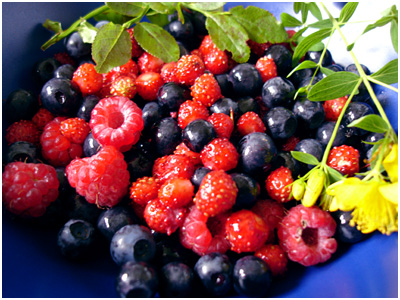
Berries
Berries provide exceptional amounts of vitamin C. The darkest - coloured - blueberries, blackberries, red - and blackcurrants, loganberries, and raspberries - have the most protective phytochemicals. Blackberries contain vitamin E, cranberries the specific antibacterial substances for urinary infections, whilst strawberries are one of the few antiviral foods - also good for arthritis, rheumatism or gout.
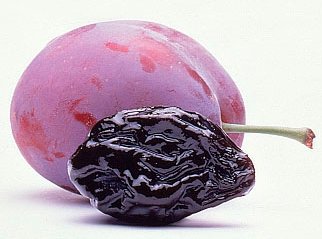
Plums and prunes (dried plums)
Plums are a rich source of potassium and are very low in calories. The darker ones, like damsons, are also rich in anti-cancer chemicals.
Prunes or dried plums are regarded by many people as a bit of a joke and fit only to be used as laxatives, but nothing could be further from the truth. They have the highest ORAC (Oxygen Radical Absorption capacity units) score of any food. A hundred grams of prunes contain 5700 ORACs, while the optimum intake for protection against heart and circulatory disease, cancers, and ageing is 5000 per day
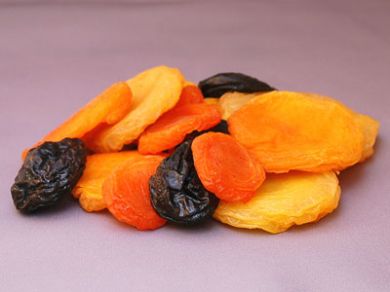
Apricots, peaches and nectarines
Apricots, peaches and nectarines are all delicious and when ripe provide some beta-carotene. The dried fruits do contain more calories but are an exceptionally rich source of minerals and fibre.
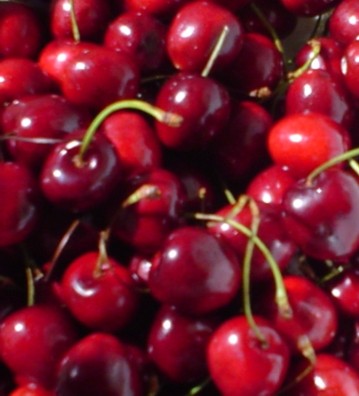
Cherries
Cherries are a real seasonal treat, so wherever you live, eat as many as you can during the short season that they're available. They're a rich source of vitamin C and bio-flavonoids and they also contain the anti-cancer chemical ellagic acid, which inhibits the growth of malignant cells. Sour varieties like the 'morello' are perfect for cooking and dried cherries are mildly diuretic so they are a traditional herbalist's treatment for fluid retention.
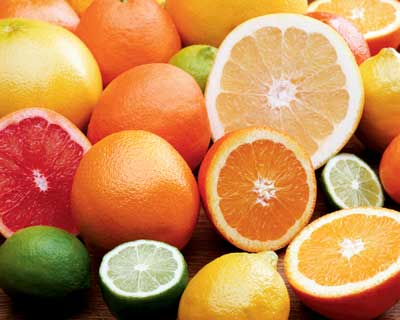
Citrus fruits
Citrus fruits are probably the greatest provider of vitamin C worldwide. They also contain some fibre and potassium and the American Cancer Institute has advised that eating more citrus fruits and drinking more citrus juice can be a major protector against stomach cancers. Oranges, grapefruits, tangerines, lemons and limes are all excellent and pink grapefruit is an exceptionally good provider of beta-carotene.
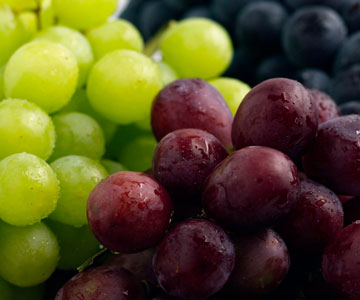
Grapes
Grapes have been used in wine-making for thousands of years and red wine is known to help prevent heart disease. the same phytochemicals are found in grape juice, and both grapes and raisins are rich in fibre, antioxidants, antibacterial and cancer-protective natural substances. They are also a great energy source thanks to their natural fruit sugar content.
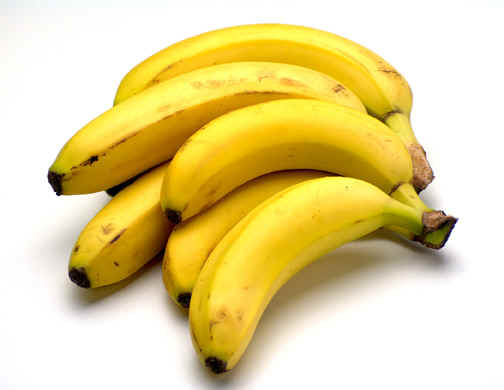
Bananas
Bananas are the original fast food but with the important bonus of being exceptionally healthy. They provide instant energy,slow-release energy, folic acid, vitamin B6 to reduce the symptons of PMS and considerable amounts of potassium, which prevents cramp. Their combination of ease of digestion, instant energy, cramp prevention and easy availability makes bananas the perfect snack for anyone who is engaged in sport or other physically demanding activities.
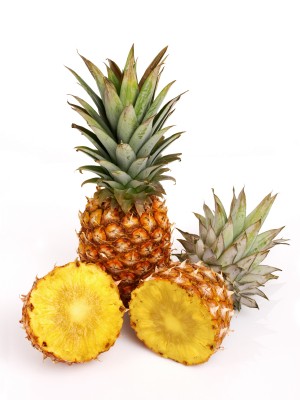
Pineapple
Pineapple is unique thanks to the healing enzyme bromelain that it contains. Bromelain has the amazing ability to dissolve blood clots, so fresh pineapples and fresh juice will help resolving bruising and all sorts of sports and physical injuries. The fruit and juice relieve sore throats and tonsillitis, and eaten before any long journey can help to prevent thrombosis.
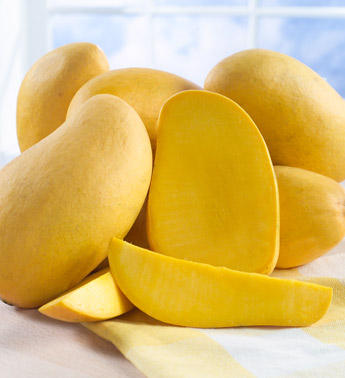
Mango
Mango overflows with nutrients, all in a form your body can easily utilise. Vitamins A,C and E, potassium, iron and fibre are here for the taking
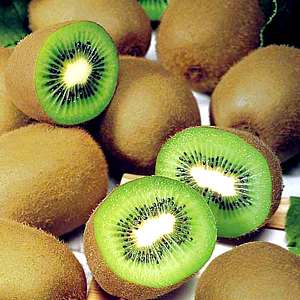
Kiwi fruits
Kiwi fruits possess great nutritional value, which people appreciate. Weight for weight they are substantially richer in vitamin C than oranges and contain more fibre than an apple. They're very rich in potassium, which is important for prevention of high blood pressure, for muscle activity and good digestion. They're also a valuable food for the elderly as, thanks to their high-fibre content and their unique mucilage, they make a gentle and effective laxative.
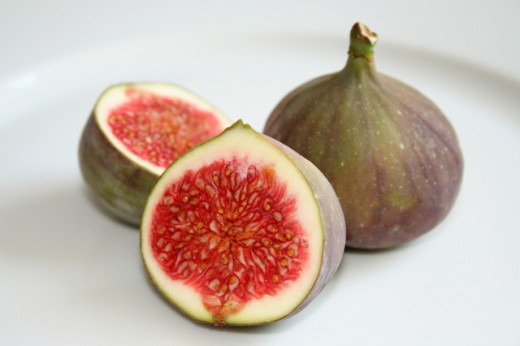
Figs
Figs contain large amounts of Beta-carotene, fibre, iron, potassium and ficin, an enzyme that helps in protein digestion. Dried figs are a wonderful source of instant energy and of nutrients.
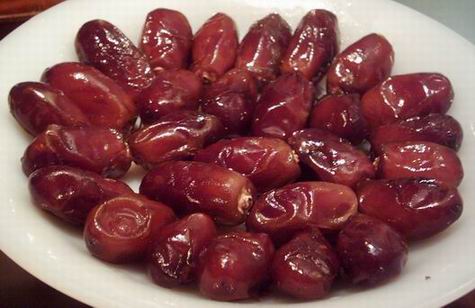
Dates
Dates supply significant amounts of iron, making them an excellent food for anaemia or chronic fatigue. Semi-dried and without the sticky syrup, they are perfect for a lunchbox and are a much healthier snack than commercial confectionery. Like other dried fruits they're also an excellent source of fibre.

